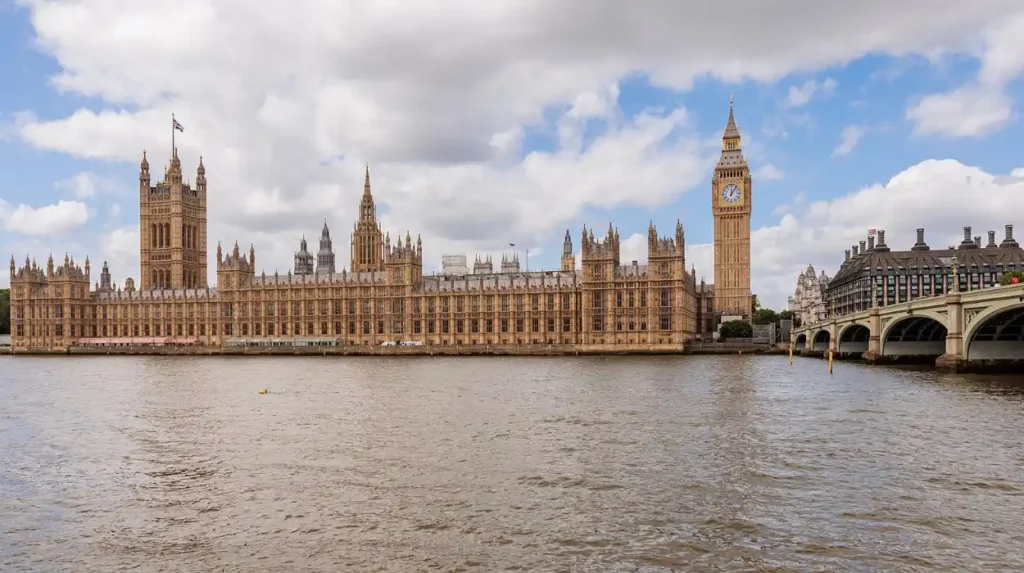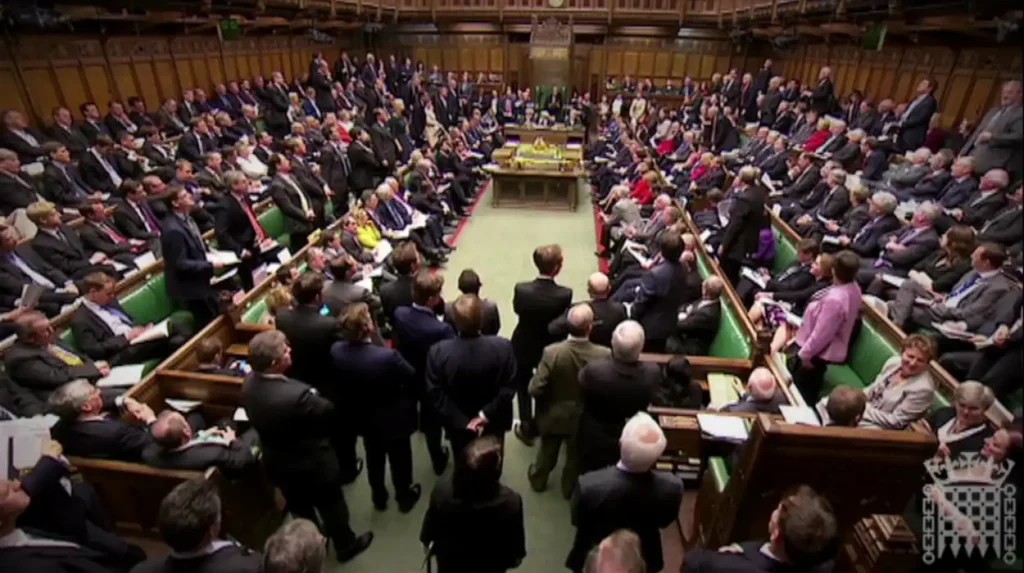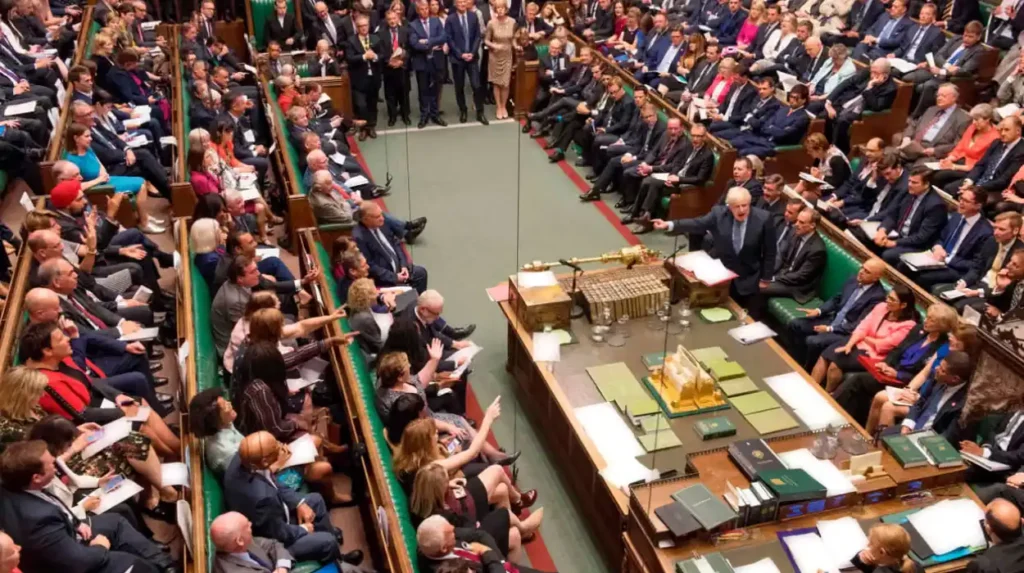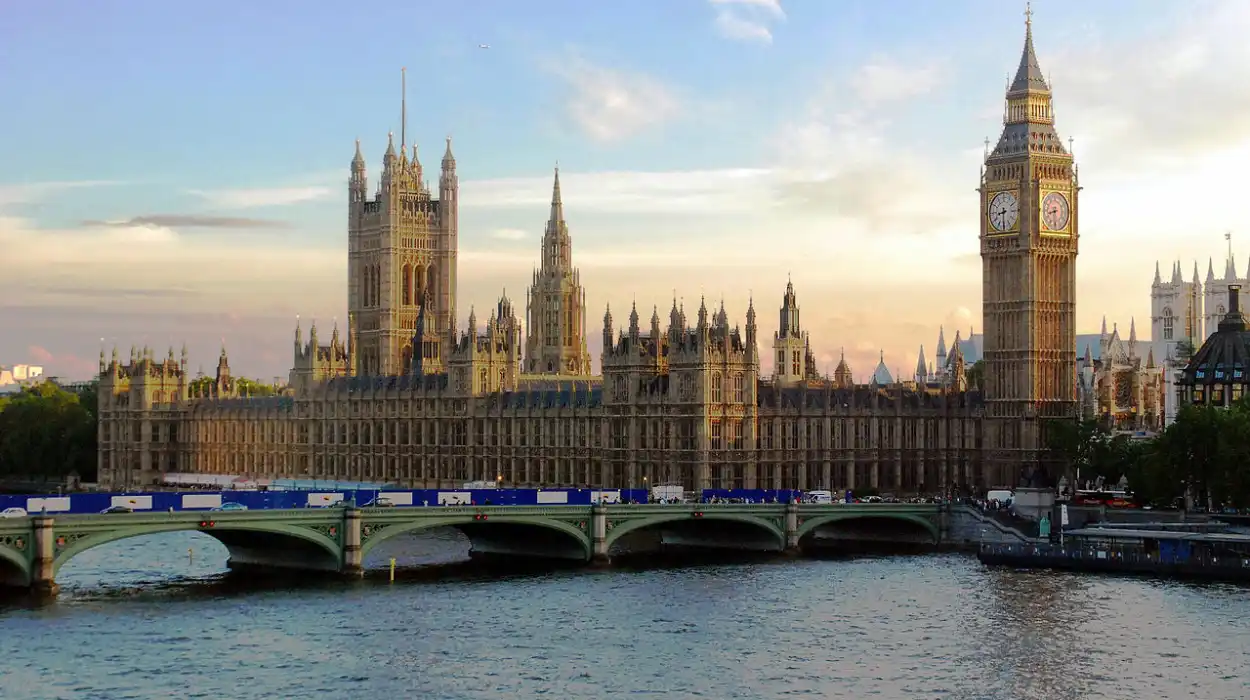British constitutional law is not only formed by statutes but also shaped by unwritten conventions that direct political practice. The Salisbury Convention is undoubtedly one of the unique conventions in British constitutional law. The Salisbury Convention was in place to prevent the House of Lords from blocking the government from meeting its manifesto claims, which arose in the wake of World War II. However, in light of the changes in contemporary political scenarios, not least of which includes the situation of hung parliaments to a great extent, questions remain about the continued relevance of the Salisbury Convention. This article will outline the Salisbury Convention, the manner in which it was applied in particular contexts of majority government, and meaning should be attributed to the Convention when no individual party enjoys a clear majority in Parliament.
What is a Hung Parliament?
A hung parliament is illustrated when a single party does not achieve an overall majority in the House of Commons. The significance of being in a hung parliament is that one party is unable to construct a government without a number of smaller party representations, independents, or some type of coalition agreement. Hung parliaments are rare in the United Kingdom, but they appear to have become more established in recent decades.

The Characteristics of a Hung Parliament
- No Majority: The leading party is unable to achieve the required 326 seats in the Commons.
- Negotiations: The leading party must seek representation through confidence and supply deals or coalition agreements.
- Political instability: Legislation becomes harder. This can lead to compromises and even periods of stagnation.
- Flexibility in government: Nobody is always going to agree. Minority governments will be required and will try to seek consensus. The downside of this may be slower decision-making; the upside is more accountability.
The last times we saw a hung parliament were February 1974, 2010, and 2017, all of which also included at least some constitutional conventions, including the Salisbury Convention.
Salisbury Convention: history and purpose
This example of a constitutional convention first developed in 1945 when Labour, led by Clement Attlee, was elected with a massive mandate from which it planned to undertake an ambitious reform program, but the House of Lords (the upper chamber of Parliament) was made up predominantly of the Conservative Party. They faced a significant dilemma: should they block everyone else’s policies when Labour was given a clear mandate by the electorate?
The Salisbury Addison agreement was reached. Lord Salisbury, the Conservative Leader of the House agreed that the upper chamber, the House, would not prevent government bills that implemented manifesto commitments.
Core elements of the Salisbury Convention
- Respect of the electorate: The Lords should not prevent legislation that provides for the government’s election commitments.
- One parliament life: this principle only relates to the life of that parliament, not onwards.
- Limitations of the Lords veto: the Lords still had the ability to delay legislation but should not be using it for the purposes of overturning the will of the Commons.
This convention has become accepted as a part of the UK’s unwritten constitution in balancing democratic legitimacy with parliamentary scrutiny.
It has become effective in practice as it applied mainly to majority governments. Indeed, both Labour and Conservative governments recognized that their mandates would not be vetoed by the Lords.
Examples of It Working
- 1945–1951 Labour Government: The Lords allowed the Labour Government’s radical reforms (e.g., the creation of the National Health Service) to pass through Parliament unhindered, despite the upper house being largely Conservative.
- 1979–1997 Conservative UK Governments: the Lords did not veto policies that complied with Conservative electoral commitments, either under Margaret Thatcher’s or John Major’s leadership.
The convention exists to provide stability through the Lords recognizing the mandate of the elected government.

Where does Salisbury apply under a Hung Parliament?
This is where the difficulties arise. There were no guarantees whether the convention would be applied if no party had a clear majority, as it was unclear whether there was an electoral mandate or a negotiated political position.
Key Issues in Hung Parliaments
- Manifesto legitimacy: Should no party win outright, can any government claim to have a binding mandate?
- Coalition agreements: Policies sometimes come from interparty discussions rather than from straightforward manifestos; therefore, it’s uncertain whether Salisbury applies.
- Minority governments struggles: Without a majority, a ruling party could depend on and support undermining assertions of democratic power.
- Growing Lords activism: The House of Lords could sense more liberation to question rules, particularly those not clearly approved by the voters.
Case Studies: Salisbury and hung parliaments
February 1974 Hung Parliament
Labour under Harold Wilson formed a minority administration in February 1974 after the Conservatives failed to obtain a majority. The relevance of the Salisbury Convention during this period was doubted. The Lords felt less restricted in challenging government measures since Labour did not win an unequivocal mandate. This showed Salisbury’s limitations under divided political influence.
Coalition government 2010
A hung parliament resulted from the 2010 general election, which in turn gave rise to a Conservative Liberal Democrat coalition. This raised constitutional issues: the coalition’s common governmental program varied significantly from either party’s manifesto. The Lords discussed if Salisbury should be applied. Peers ultimately used judgment, letting some coalition measures pass while vigorously contesting others that they would have under a majority government.
Hungarian Parliament 2017
Following Theresa May’s snap election in 2017, a minority Conservative administration backed a confidence and supply arrangement with the Democratic Unionist Party (DUP). Here Salisbury was even less applicable. The government had no clear mandate, so the House of Lords felt it right to carefully review Brexit-related legislation and other divisive policies.

Modern Versions of the Salisbury Convention
Political experts and legal academics concur that the Salisbury Convention is a political agreement rather than one that is legally binding. Its use has changed along with political conditions.
Modern Challenges
- Fragmented politics: Hung parliaments are more likely with the fall of two-party dominance, complicating Salisbury’s application.
- Rising of smaller parties: Gains by the SNP, Greens, and Liberal Democrats undermine the notion of a single-party mandate.
- Public expectations: Voters demand a more thorough review of government policies, especially those not clearly pledged during campaigns.
- Constitutional flexibility: Conventions like Salisbury adapt to conditions, yet their ambiguity can cause political tension.
Arguments for Salisbury Still Applying
Some contend that the Salisbury Convention is still important in hung parliaments.
- Preservation of democracy: Regardless of the size of the majority, the Lords should not override the elected Commons.
- Government stability: Respect for government legislation also avoids paralysis in already brittle political situations.
- Continued respect for constitutional precedent: Establishing long-standing processes encourages trust in parliamentary processes.
Arguments on the Side of Salisbury in a Hung Parliament
Some people argue the precedent of Salisbury loses weight in the absence of a mandate.
- Lack of electoral legitimacy: In such a scenario, it is harder to argue that policies have majority public support.
- Coalition creation: Manifesto pledges are diluted during negotiations; this undermines claims to being backed by a democratic mandate.
- Checks and balances: Scrutiny from the Lords should not be curtailed in circumstances of uncertainty.
- Constitutional evolution: Conventions should evolve to modern realities, not stale conventions based on antiquated presumptions.


